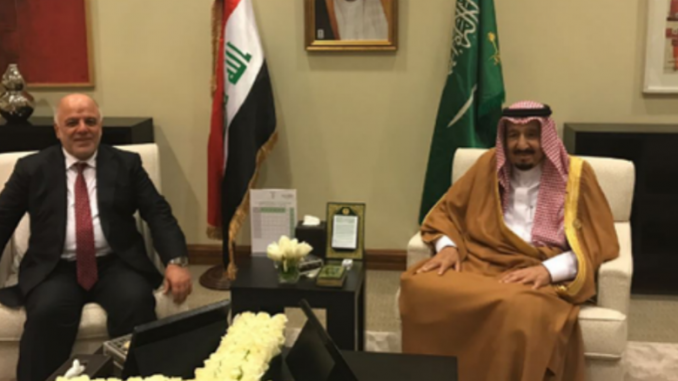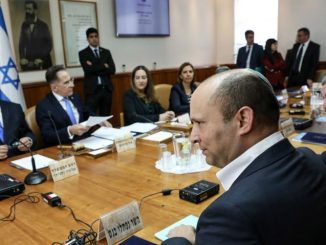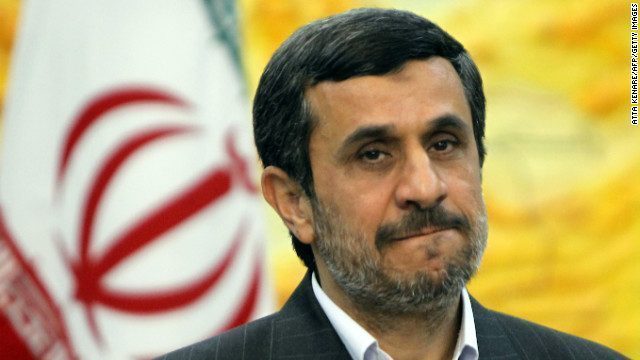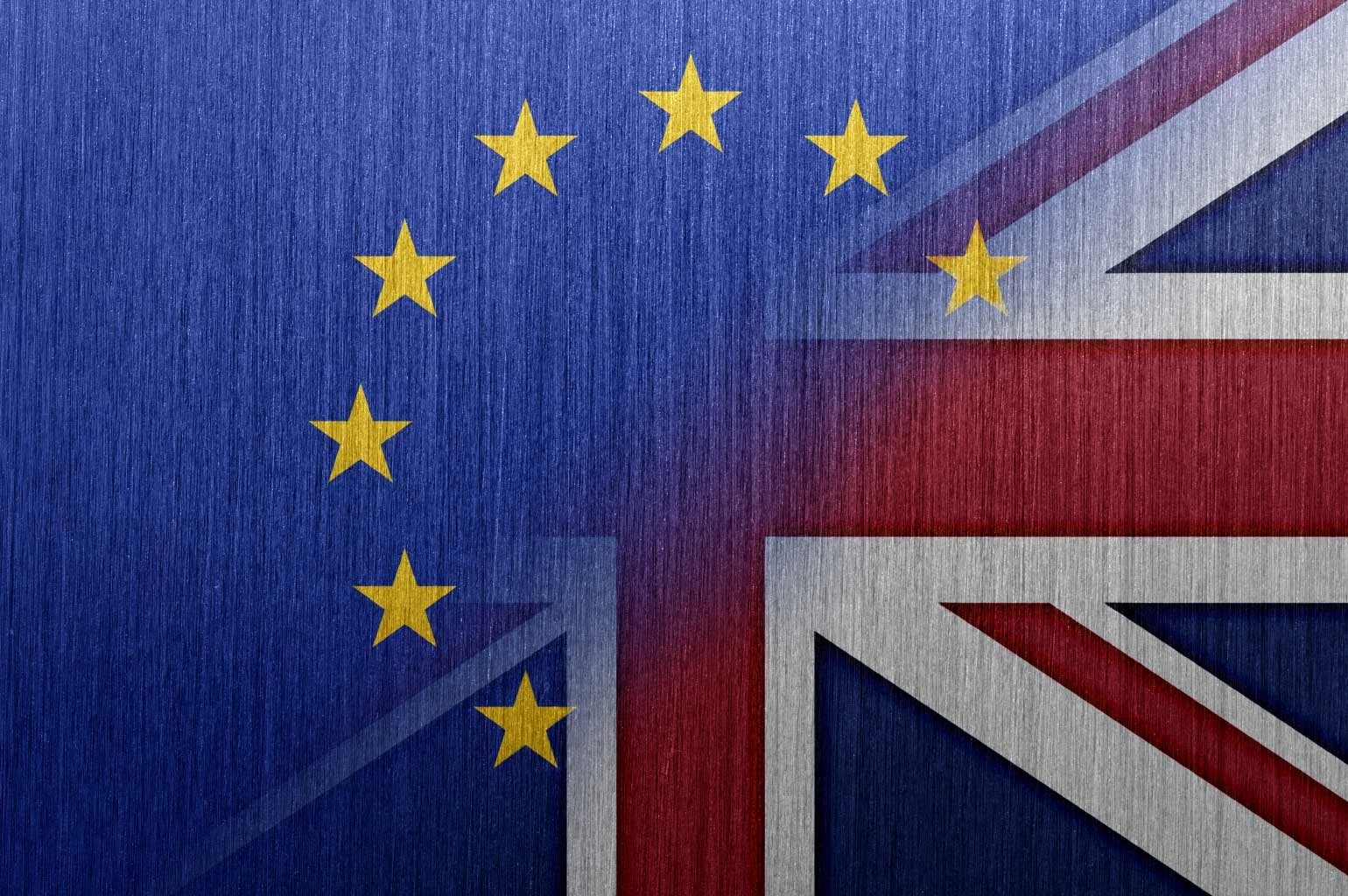
A coordination council between Saudi Arabia and Iraq will be shortly set up to strengthen ties between the two countries, Ahmad Jamal, the spokesman for the Iraqi foreign ministry said in an interview.
The countries are expected to boost cooperation in various sectors including oil, economy, trade, intelligence, and counter-terrorism.
“When Al-Abadi and King Salman met in Jordan they discussed many things including possibly opening the borders between the two countries and direct flights between Baghdad and Riyadh.”
“There is also talk about opening Iraq’s oil refinery sector to Saudi companies and having Saudi Arabia help write off Iraq’s debt.”
“The two countries also agreed to stop provocative rhetoric on both sides.”
“A string of high-level visits will also take place in the near future,” Jamal said.
Iraq is hoping Saudi Arabia will foot the bill of Mosul’s reconstruction after Iraqi forces liberate the city from Daesh control.
Jamal said that ties between the two countries which had been strained in the past were reinvigorated following a recent visit by the Saudi foreign minister to Baghdad.
The visit paved the way for a one-on-one meeting between Saudi King Salman Bin Abdul Aziz and Iraqi Prime Minister Haidar Al Abadi during the Arab Summit in Jordan earlier this month.
Relation with Iran
After the US, under former president George W. Bush, ousted Saddam Hussain from power, Iraq has experienced a power vacuum which Iran has stepped into.
Riyadh has long complained that Iran is meddling in the affairs of Arab states, pointing to Iraq as a prime example.
“Iraq was unfortunately caught in the middle of the dispute between Saudi Arabia and Iran, but we do consider ourselves as a Gulf country and are keen on improving our relationship with GCC states and other Arab countries,” Jamal said.
Jamal added that his country was not under the influence of Iran and that “Iraq will never be Iran’s backyard”.
Battle in Mosul
When he was asked about the battle in Mosul, Jamal said that “the battle is still going on and in its final stages, but we have encountered complications because Daesh has been using civilians as human shields and planting explosives everywhere which have unfortunately caused many civilian deaths despite the Iraqi forces efforts to prevent this.”
Jamal also mentioned the suffer of the displaced Iraqi families and the needed efforts to help them.
“The ministers have established a donation drive to channel international aid and money and make sure it gets to the affected people. The issue of displacement is currently the government’s greatest challenge as the numbers are overwhelming — nearly 3 million. The government has established makeshift camps in Al-Khazir and Al-Gayara but we need more help from the international community.”
“We hope to return the displaced people back to their homes as soon as possible,” Jamal said.
Mediate repairing Iran-Saudi ties
Earlier this year, Iraqi Foreign Minister Ibrahim al-Jaafari said he had carried messages between Iran and Saudi Arabia since last year in order to help the improvement of relations between the two powers.
Jaafari said Iraq continues to work toward the restoration of relations between Tehran and Riyadh.
He added that any crisis in the relations between Iran and Saudi Arabia affects Iraq as well and a rapprochement between the two countries would also benefit Iraq.
The top Iraqi diplomat said he has carried oral messages between Iranian and Saudi officials in the past few months and added that his country would make efforts to bring the positions of Tehran and Riyadh closer.
“The (mediation) steps have continued since last year, and I have exchanged messages between the two countries … because any crisis in Iranian-Saudi relations affects Iraq as well, and a rapprochement between them would also benefit Iraq,” Iraq’s Ibrahim al-Jaafari was quoted by IRIB’s website as saying.
“I have carried oral messages between officials of the two countries in the past few months and we will try to bring their positions closer,” Jaafari said.



